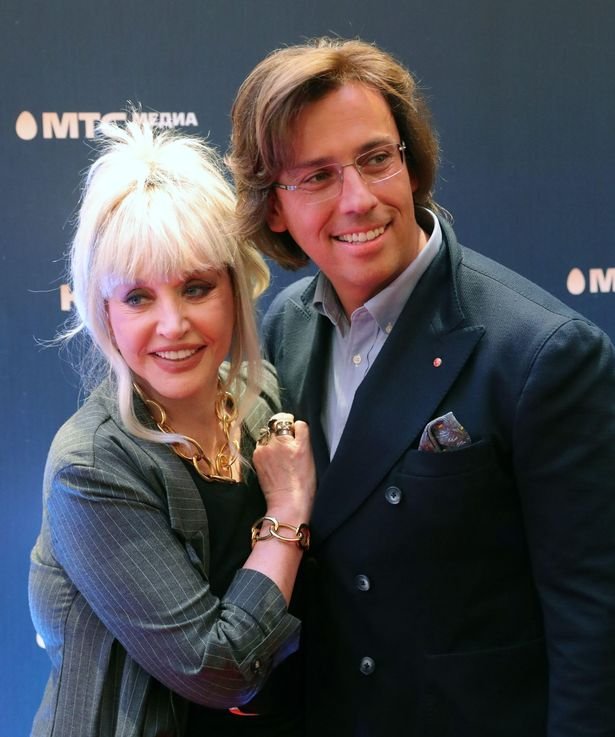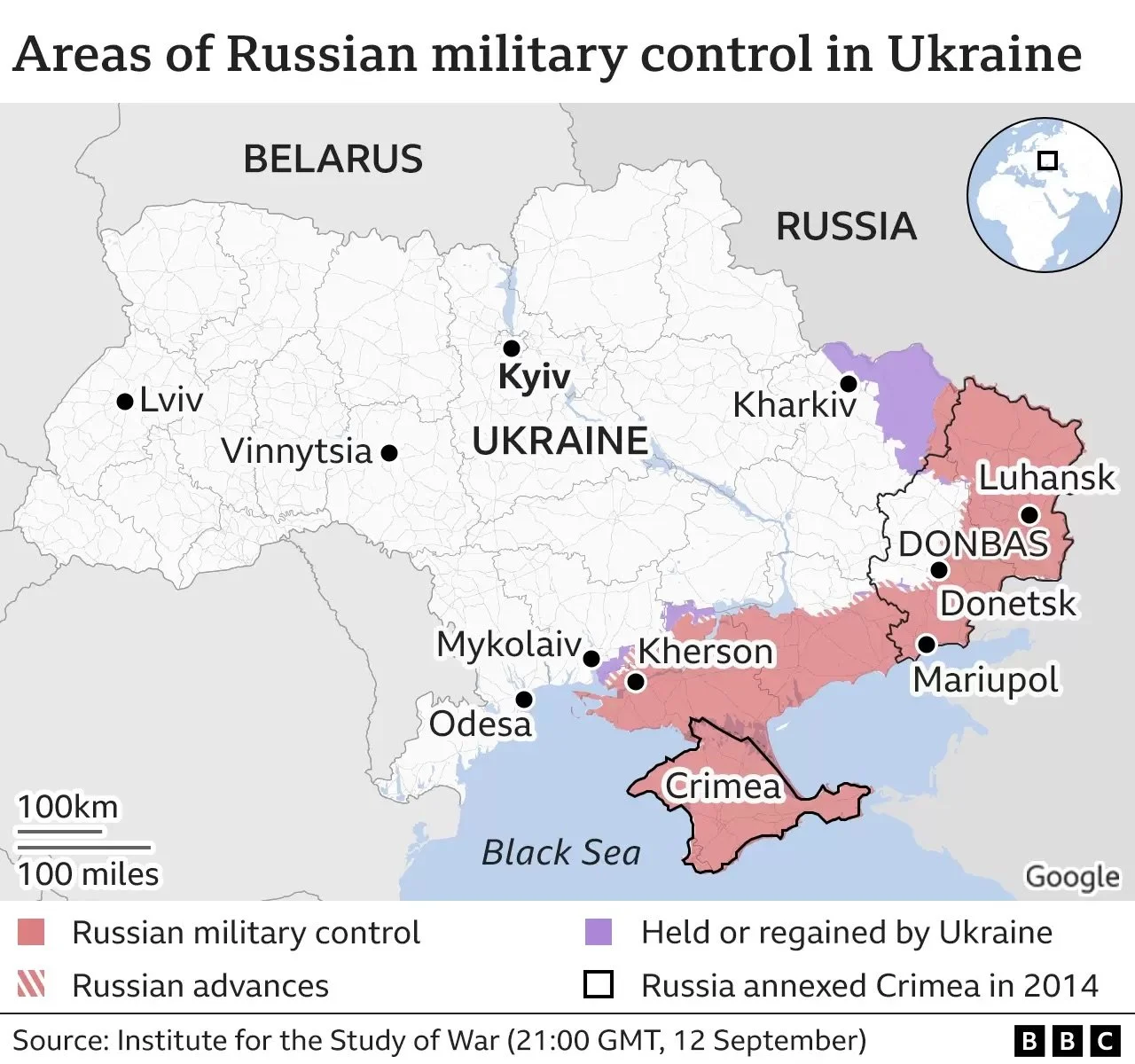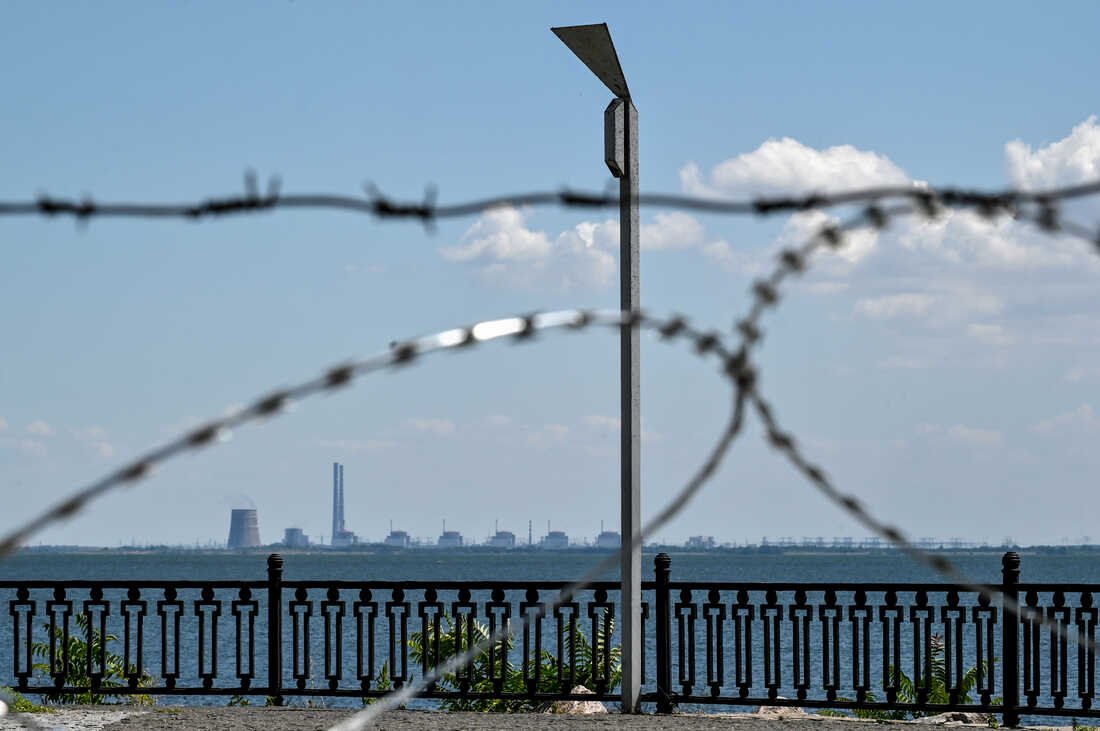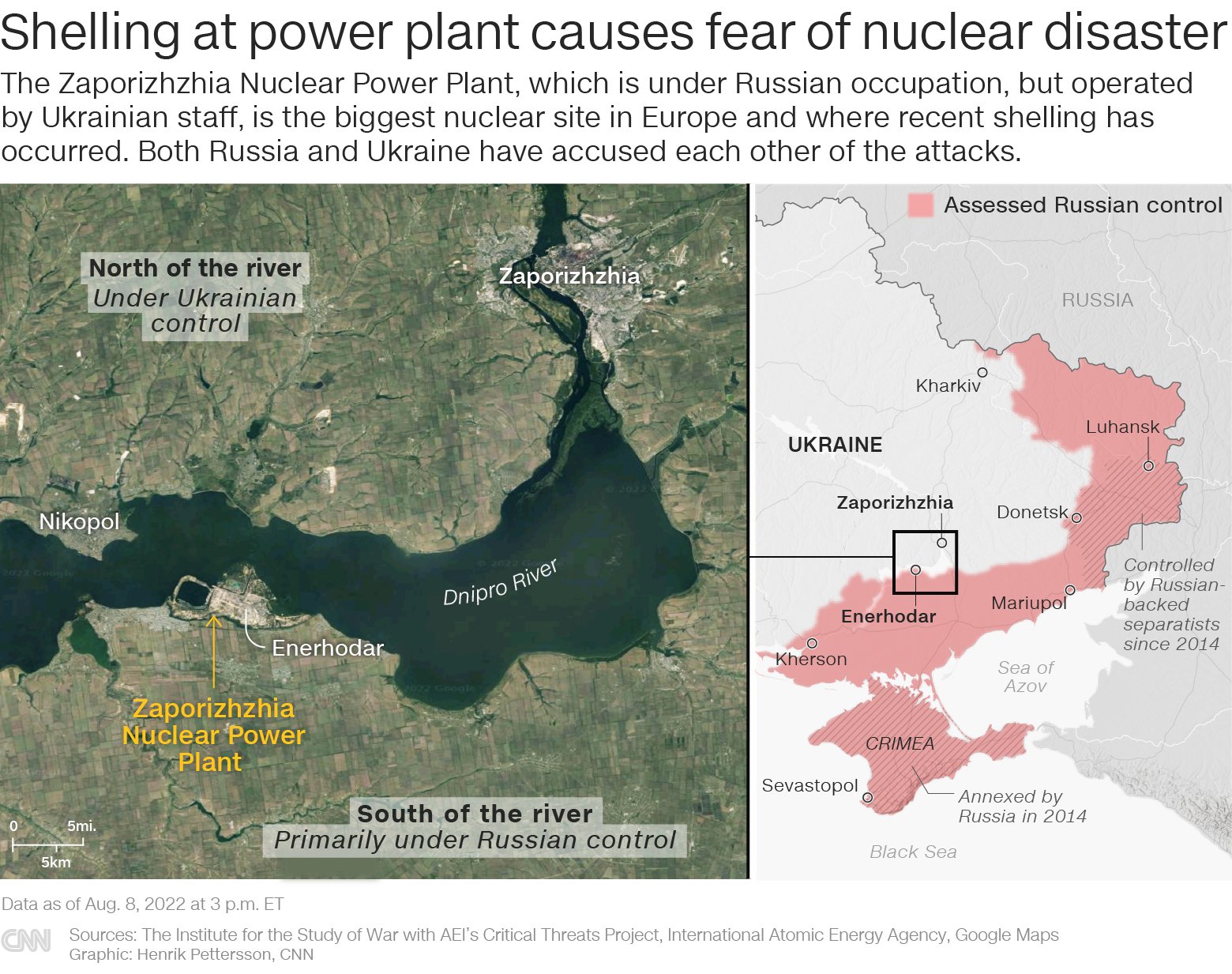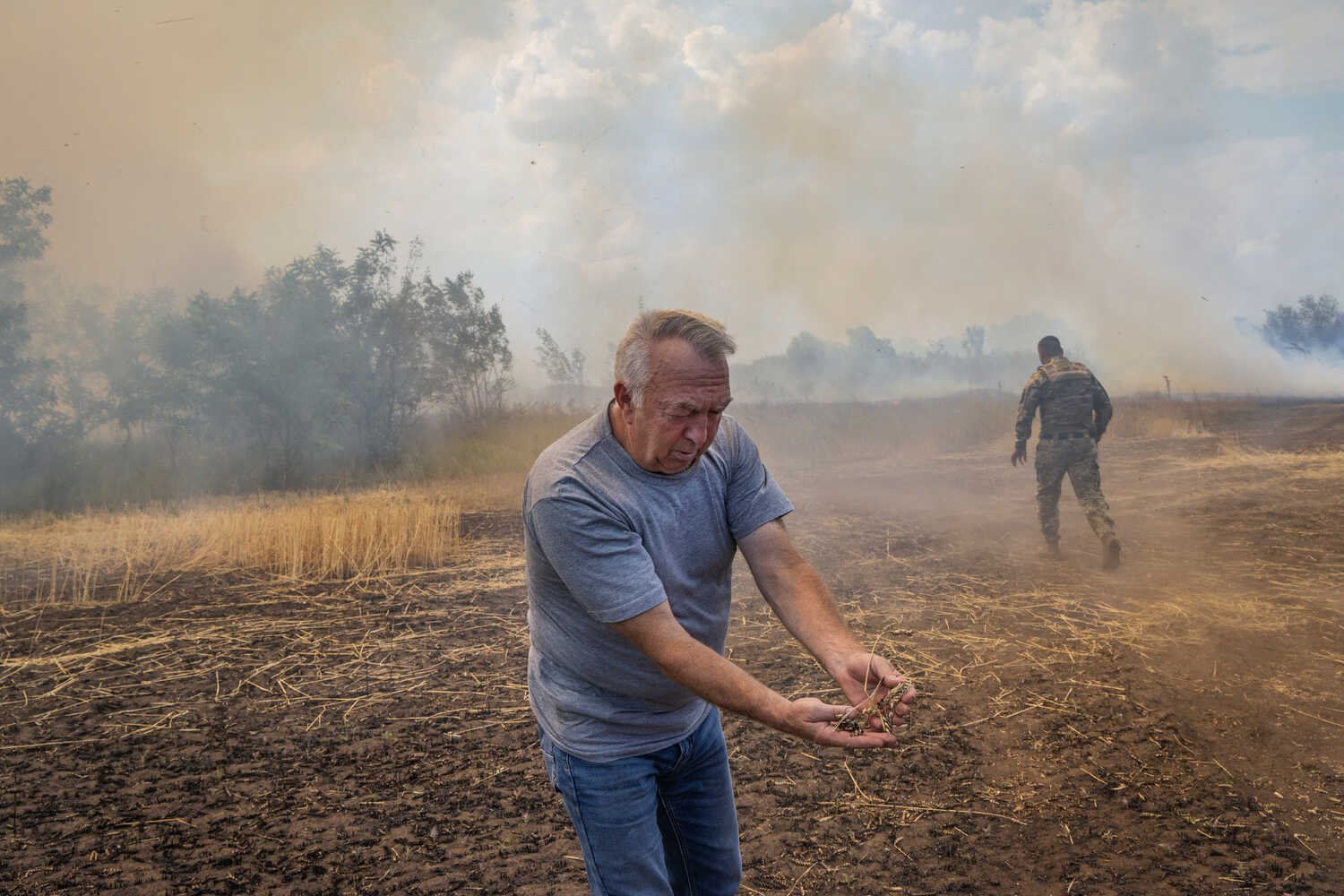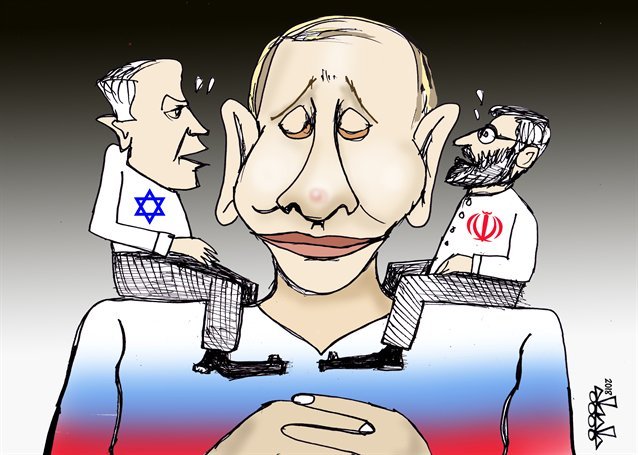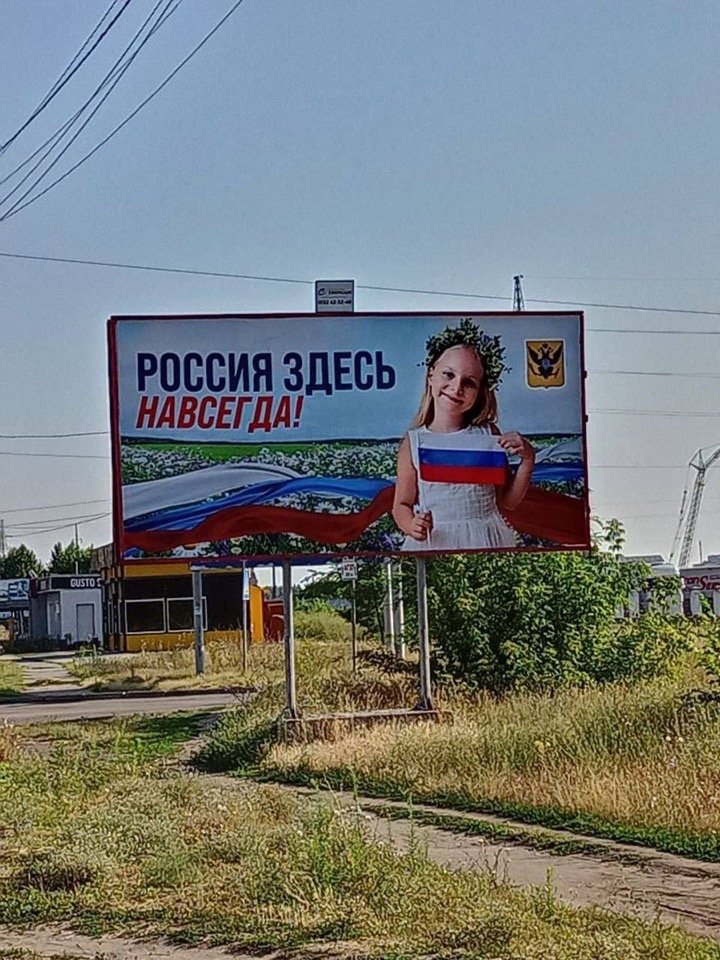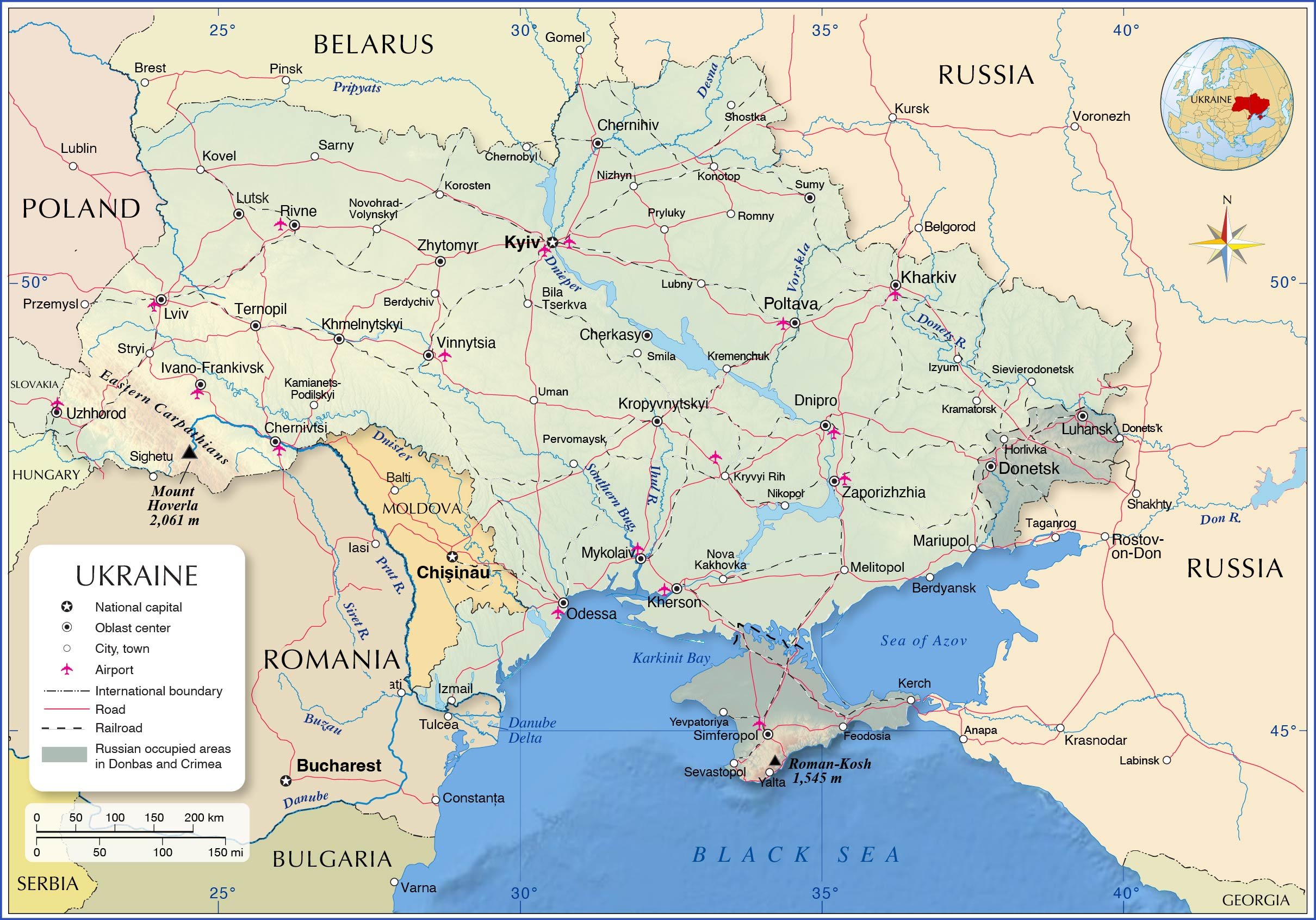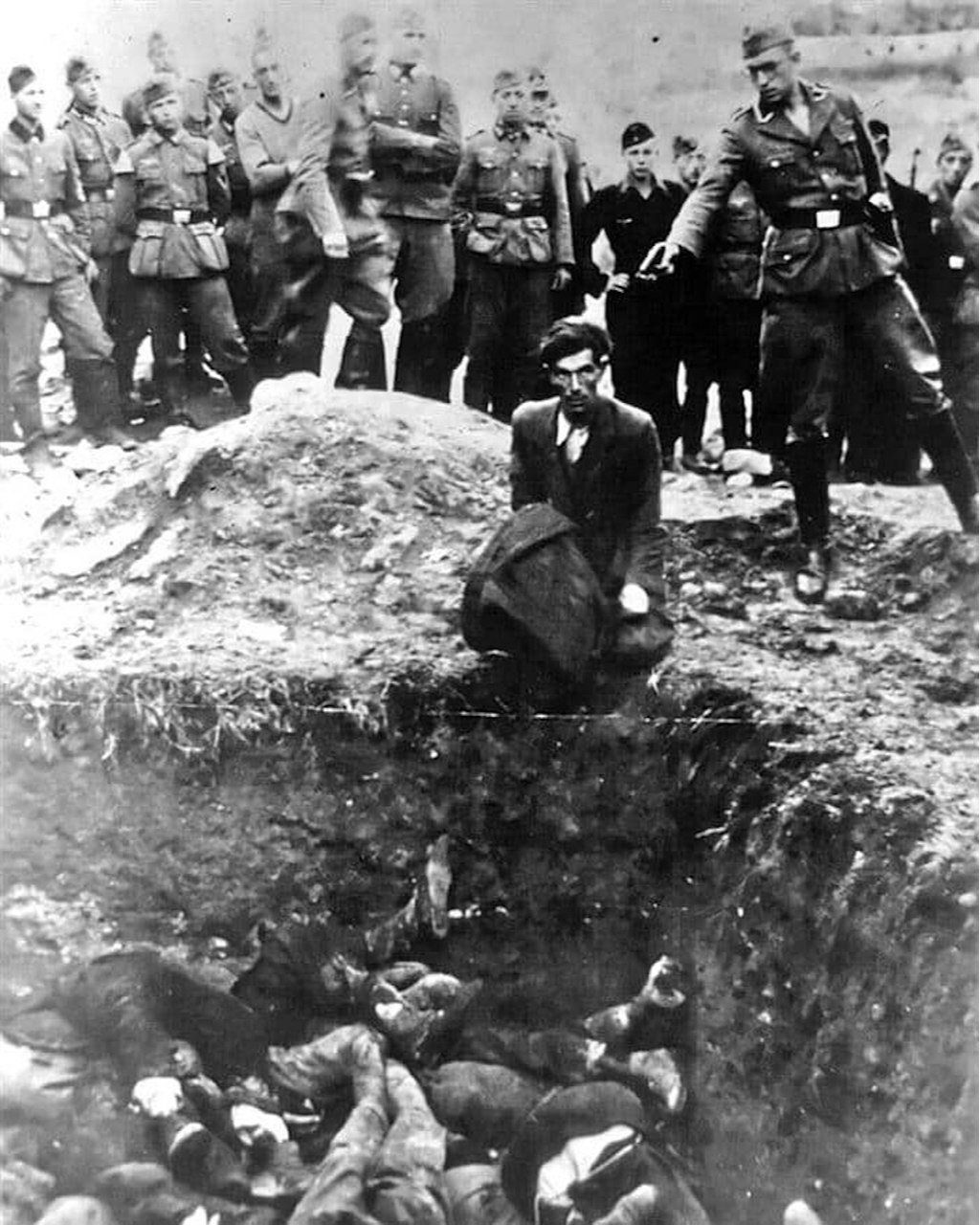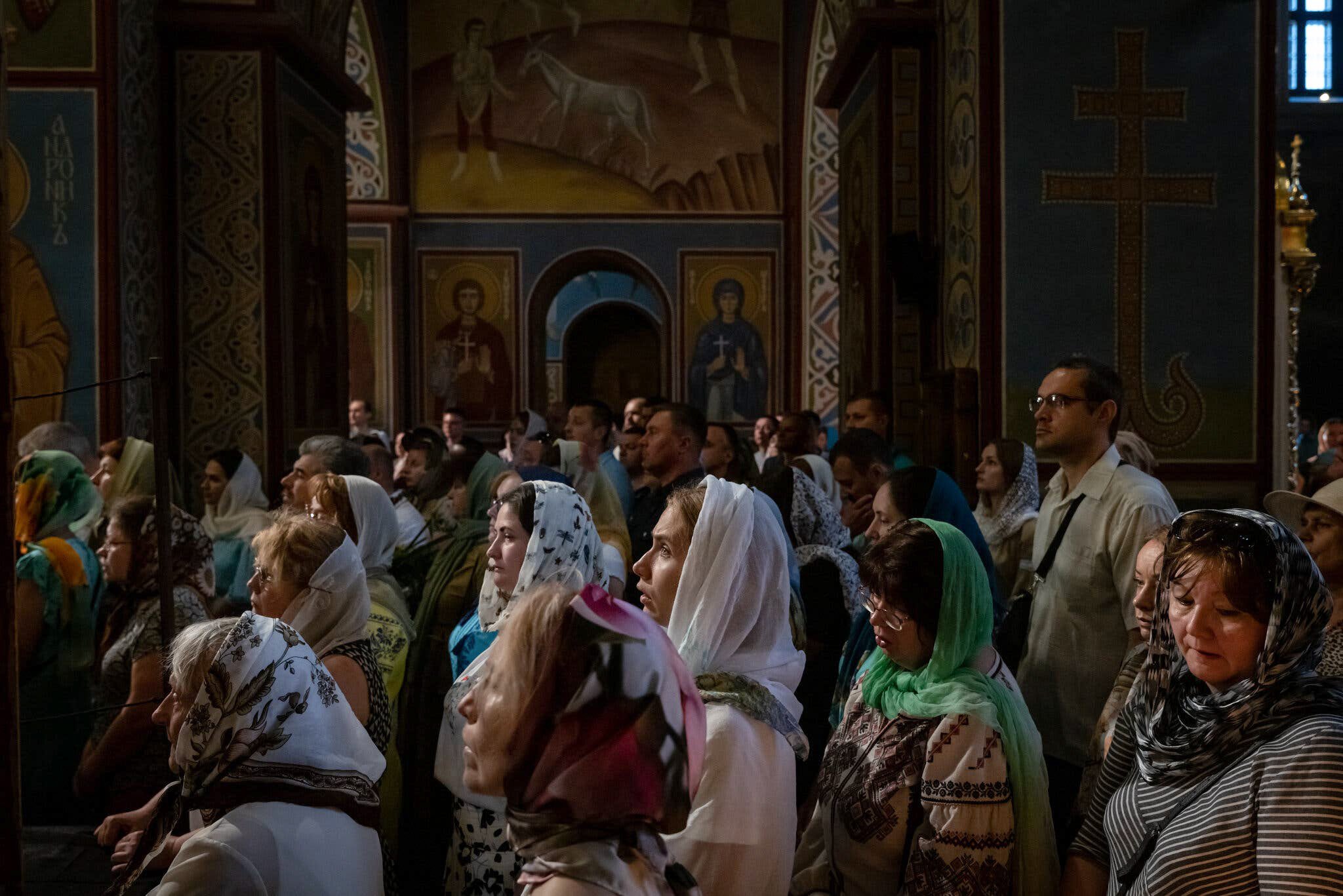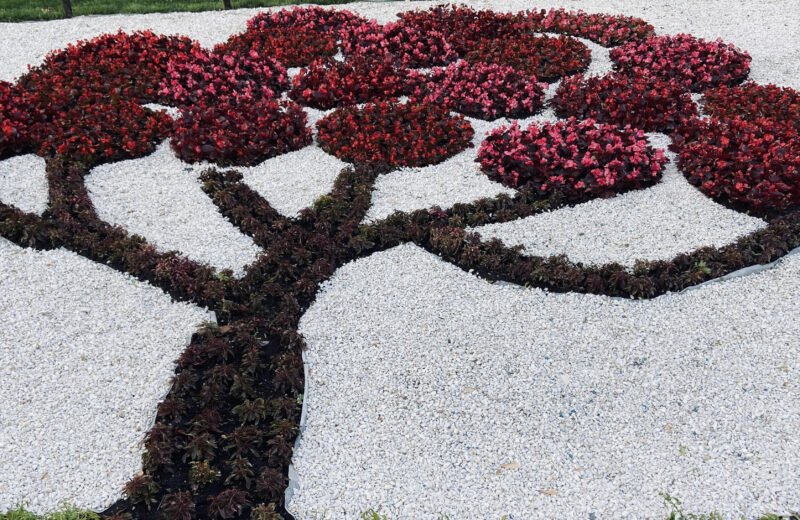Let me say up front that the situation in Russia and Ukraine is so fluid that it is difficult to know what is true and what is not. Propaganda is a tool of war and accurate information is difficult to find. I have heard some journalists say that “Putin is desperate'‘ and “there is complete chaos in Russia.”
Putin is trying to stem growing discontent following Ukraine’s wins in the east and the south. But, I think it is an overstatement to say that he is ‘desperate’ and the country is in ‘complete chaos.’ Although there have been scattered protests in different cities and a growing number of people leaving the country to avoid being drafted into the military, Putin has yet to lose the support of most of the Russian people.
The Levada Center in Russia conducted a survey on September 22nd reporting that the approval rating of Putin dropped from 83% in August to 77% after his call for mobilization. And the percentage of Russians who believe the country is going in the right direction declined from 67% to 60%. So, although this survey shows a slight slip in Putin’s popularity, it does not indicate that we can expect a massive popular uprising against Putin in the near future. But it is early, and there are rumors of some instability coming out of Russia.
The Russian withdrawal from Lyman in eastern Ukraine has led to public criticism of the military’s leadership. But, the criticism is not opposition to Putin or anti-war voices - it's pro-war voices who are unhappy with the way the defense ministry is conducting the war in Ukraine - they want a more aggressive and decisive defeat of Ukrainian forces.
It is telling that social media indicates what I imagine is actually going on in Russia. No one is blaming Putin. Dictatorship 101 - ‘Always find someone else to blame.’ One blogger attacked General Lapin and the chief of General Staff, Valery Gerasimov, and the Defense Minister, Sergei Shoigu. "Are you men or not? Do you have any balls or not? Why are you still mincing your words lest something bad happens?" Ms. Kashevarova said. "Is the president aware of what is happening? Is anyone keeping him apprised? Where are the supplies? Where are the Armata [tanks]? Where is everything? How did it come to this? Has it all been stolen? Sold off? Where has it all gone? Did it even exist in the first place?" she asked.
Of course, true dissent in Russia has been suppressed. “Those voicing discontent in public were invariably punished: thousands were arrested for marching or holding signs that read, among other things, net vojne (“no to war”) or the phrase dva slova—“two words,” a euphemism for net vojne.” (Foreign Affairs, September 27, 2022)
There are rumblings of disapproval from Putin’s international allies, China and India. In September prior to the Ukrainian wins, China indicated that it had “questions and concerns” about the war in Ukraine and India’s President Modi told Putin that “today’s era is not an era of war.” These comments are, at best a gentle criticism, and at worse a strong reprimand. Putin felt a need to reassure both leaders that he would quickly bring the war to end. But, the war has not ended, and at this point the Ukrainians are looking pretty good. It does not look like the Putin war will end soon.
China thought that Putin’s operation against Ukraine was a simple "military exercise," but it has turned into a war that has driven up global energy and food prices that hurt China's economy. However, China has not abandoned Russia in terms of the enemy of my enemy is my friend scenario - China has allied itself with Russia as challengers to the United States as a global power and so despite China’s discomfort with the Russian war, China joined Russia's military drills in Russia's far eastern region. But this buddy buddy relationship between Putin and Xi may be fragile and self serving as long as it is just that, serving itself. China, Kyrgyzstan and Uzbekistan agreed recently to a study to build a railroad that would pass through the three countries to Europe, and would bypass Russia. (VOA news)
Bottom line, Putin’s friends and allies are not asking him to abandon his war - they just want him to finish it. Which, as far as the Russian people are concerned, means pulverizing and defeating those nasty Ukrainians. Thus, following the surprising Ukrainian military victories in Ukraine's east and south, Putin addressed the Russian people on September 21, 2022 and called for partial mobilizations, annexation of occupied Ukrainian territory, and said the word ‘nuclear’ too many times. In the next three articles, I will address Putin’s three approaches to ending the war.
Mobilization
Putin in his address on September 21st said he would call up new troops.
The number of troops to be conscripted was not specified in Putin’s speech, but the number stated by the Ministry of Defense was 300,000. Some predict that the number will be closer to a million.
This is seen as a major escalation of the war. “The Russian army has taken many casualties (some estimate 80,000) out of an initial invasion force of about 190,000 troops.” (CIS, Sept 26, 2022) The drafting of a massive number of troops may not necessarily win the war, but it may discourage both the Europeans and the Unites States who might withdraw support of Ukraine.
A million new troops is a big number - but, the question is whether the Russian government actually has enough equipment to kit out that many new troops, whether there are sufficient weapons, and whether there is time to effectively train the new recruits. Will these troops be ready and able to take on the Ukrainians who, albeit less in number, are well trained and equipped by up-to-date NATO and American weapons? Will there be enough housing for troops? How about medical care?
Not surprisingly the draft of new troops has caused an uproar, and maybe some degree of panic. There are stories of men being rounded up at night and any man aged 18-60 might be conscripted. Although Putin promised that only men with prior military service, no illness and with fewer that 3 children would be called, NPR interviewed men who said that there have been no limits on which men are recruited.
Flights out of the country have been filled and prices of tickets have gone up significantly. There are reports that over 200,000 young men have escaped from Russia - nearly the same number of troops called up in February for the invasion.
But where can a potential conscript escape? Because of Western sanctions there are limited locations where Russians can go. Except for Serbia, there are no European states available so Russias are fleeing to neighboring countries like Georgia, Mongolia, and Kazakhstan. Kazakhstan’s President Kassym-Jomart Tokayev urged “humanity, patience and organization,” saying the Russians had been “forced to leave because of the current hopeless situation.” Georgia is getting massive numbers of new Russian immigrants - “With cars lined up for miles at its border and waits of more than 48 hours, Georgia said it would allow visitors to enter on foot. The number seeking entry almost doubled over the past week, to about 10,000 a day.”
Those escaping include young menwho are professionals in IT, science, business as well as academic scholars.
Ooops. Putin - trying to put Pandora back in the box - said that only reservists should be conscripted for the war and ordered officials to correct the mistakes made. But, at this point nobody believes Putin, and young men and sometimes their families continue to rush to the borders to escape being forced into the military.
I wonder why Europeans forbid the entry of Russians draft dodgers. Don’t we want to applaud young men refusing to fight in this unjust war? I realize that a large influx of Russians would be difficult to accommodate, especially when these countries are already taking in massive numbers of Ukrainian refugees. In addition, some east European states have little sympathy with Russians generally, having suffered at the hands of Russian/Soviet regimes. And some Europeans see these Russian men as previous supporters of Putin until now, when they face death on the battlefield. Or perhaps, as Winston Churchill is purported to have said, “Never let a good crisis go to waste” - strategically Europeans may hope that Russians will stay in Russia and will pressure Putin to end the war or, in the extreme, force an overthrow of Putin.
Looking forward to a future when there is no more war, I would like to say something about the Russian men who have escaped Russian conscription. It is not helpful or accurate to attack these men as ‘complicit cowards,’ as I read today on Twitter. Sadly, some men have left their homes, many without a place to go or money to support themselves to avoid fighting and dying in a war they don’t believe in. Today there is a report that a Russian rapper Russian Ivan Petunin, who performed as “Walkie,” committed suicide because he “refuses to murder another man.“ He left a video where he said Putin has taken all Russian men captive, leaving them with 3 choices: becoming a murderer, going to prison, or suicide.
Next: Annexation





